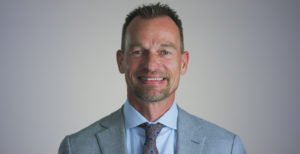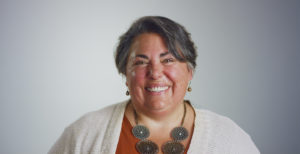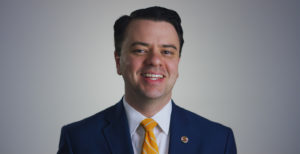Project Overview
As marijuana legalization sweeps across the nation, cannabis has become a thriving, $13 billion industry. And yet Black business owners account for less than 5% of the legal cannabis sector—a highly troubling disparity given that Black communities have long endured disproportionate rates of drug-related arrests and incarceration. In response, The Hood Incubator is leveraging marijuana legalization to build economic power for Black communities and redress America’s legacy of racial inequity. The Oakland, California–based Hood Incubator utilizes organizing, policy advocacy, and economic development strategies to ensure that these communities have access to the one million legal cannabis jobs projected in the U.S. by 2025. To get there, the Incubator envisions a comprehensive, collaborative-based workforce development program that builds career ladders in the cannabis industry’s fast-growing advanced manufacturing segment. The program would move Black workers from low-wage to middle-wage to career-level roles, fostering intergenerational wealth and economic mobility. What’s more, by using cannabis equity as a lynchpin for other social justice issues, the Incubator’s inclusive economics also helps end community isolation and advance place-based political agency. The Hood Incubator thus stands as a hopeful model for other industries, proving that business can center marginalized people and drive transformative racial justice.
Five Questions
Learn more about this project
Meet our other 2019 awardees

Minnesota
Through powerful first-person stories, Our Climate Voices humanizes the climate disaster and spurs concrete action to combat climate harm.

Viridiana Carrizales &Vanessa Luna
Texas and New York
ImmSchools seeks to transform America’s schools into safe and welcoming places for undocumented students and their families.

Arizona
One Water One Health is harnessing wastewater treatment plants across America to pinpoint harmful chemicals and help restore community health.

South Dakota
South Dakota Voices for Peace fights bigotry and hate against Muslims, immigrants, and refugees in rural places.

Black and Pink’s REAP Reentry Program
Nebraska
The REAP program provides reentry support for system-impacted LGBTQ+ people, rebuilding their power and centering their capabilities on the path forward.

Louisiana
The First 72+ helps stop recidivism through hand-in-hand housing, small-business incubation, and other services grounded in healing and hope.

Pennsylvania
VIISTA seeks to revolutionize immigration law by creating a nationwide pipeline of legal advocates to advance immigrant justice.

The Campaign for Historic Trades
Maryland
An apprenticeship program for preservation tradespeople helps fill urgently needed jobs while building equity in the heritage movement.

 Learn More
Learn More